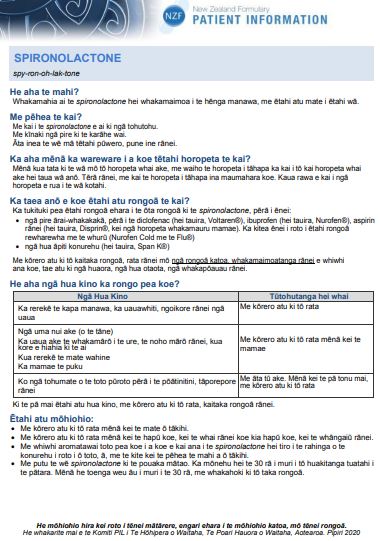Spironolactone is used to treat a number of different conditions and related symptoms, including the following.
- To reduce extra fluid in your body (called oedema) caused by conditions such as heart failure, liver disease or problems with your kidneys. It can reduce swelling in your ankles or feet, and shortness of breath.
- High blood pressure (hypertension), when other blood pressure medicines don’t work as well.
- Primary hyperaldosteronism – in hyperaldosteronism, your adrenal glands produce too much of a hormone called aldosterone. Spironolactone works by stopping the effects of aldosterone.
- Facial hair growth and acne in women, as in polycystic ovary syndrome (PCOS).
- As gender affirming hormone therapy, in combination with oestrogen.








